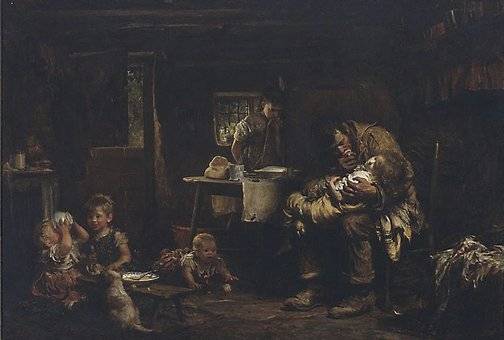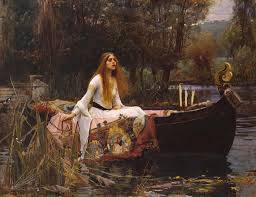I don't think I can choose a period. The paintings I love are a higgledy piggledy choice from here and there.
Hands down, my first choice would be Monet and the impressionists. I mention him first because I saw an exhibition of his work in Sydney and it was (with no cliché or exaggeration intended) spellbinding. It was as though I was actually within those paintings experiencing them as though I was part of them.
Over the years I've spent hours standing in front of The Widower by Sir Luke Fildes. There is just so much emotion captured there, from the agony of the widower to the expressions on the faces of the younger as they play, unaware of the sick child. . It's powerful stuff.

Then, of course, you have the geniuses of the Renaissance.
So my answer is no answer at all. I have enjoyed all manner of artworks yet would be unable to choose one period and say, "This is my favourite."
